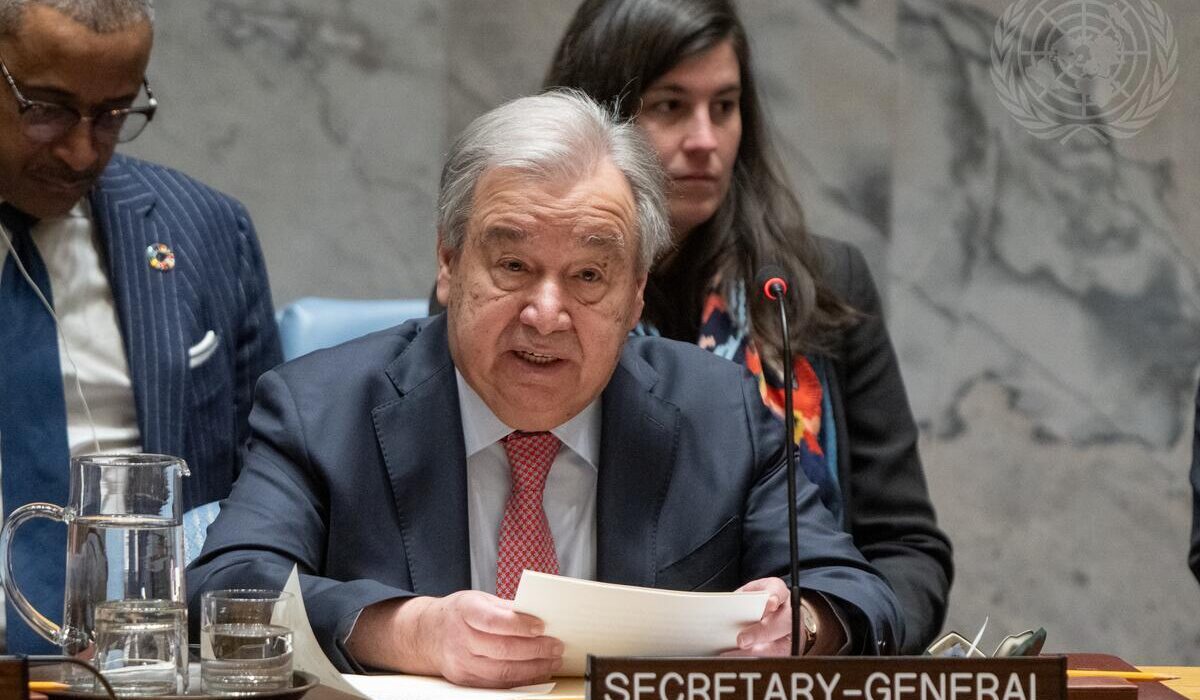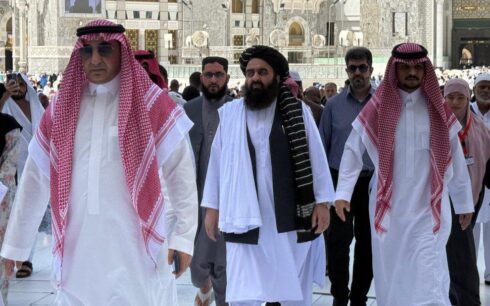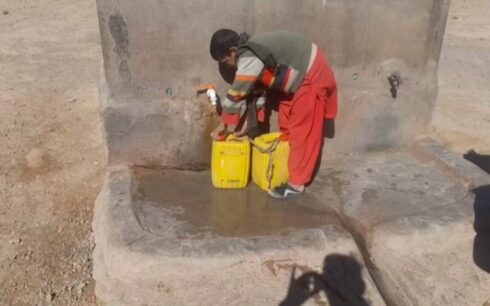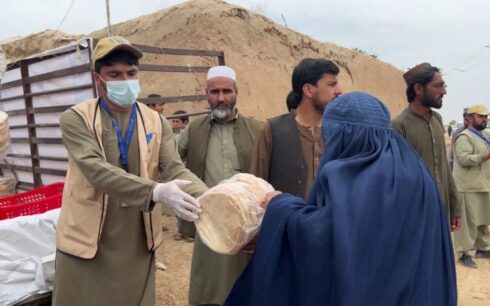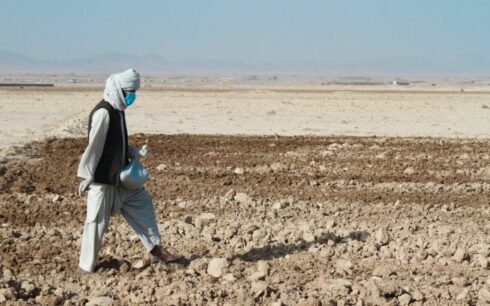GENEVA — United Nations Secretary-General António Guterres condemned the Taliban’s systematic repression of women and girls in Afghanistan, calling it part of a broader global assault on human rights.
Speaking at the 58th session of the U.N. Human Rights Council, Guterres described human rights as “the oxygen of humanity” and warned that they were under threat from authoritarianism, conflict, and systemic injustices.
“One by one, human rights are being suffocated: by autocrats; by a patriarchy that keeps girls out of school and women from basic rights; by wars and violence; by warmongers who disregard international law and the United Nations Charter; by the climate crisis; by a morally bankrupt global financial system; by runaway technologies like artificial intelligence; by growing intolerance against entire groups; and by voices of division and anger,” he said.
He warned that these crises represent a “direct threat to all the hard-won mechanisms and systems established over the last 80 years to protect and advance human rights.”
‘Gender apartheid’ under Taliban rule
Guterres singled out Afghanistan, where the Taliban have barred women from education, employment, and public life. “A patriarchal system denies girls an education and strips women of their most basic rights,” he said, reinforcing international criticism of the group’s policies.
U.N. High Commissioner for Human Rights Volker Türk echoed these concerns, saying his office is actively documenting and reporting on violations in conflict zones, including Afghanistan.
“In Afghanistan, we are reporting on the impact of gender apartheid on women and girls,” Türk said, underscoring the urgent need for global action.
Taliban, who claim to uphold human rights within their interpretation of Islamic law, have dismissed such criticism. However, the International Criminal Court (ICC) has recently requested arrest warrants for Taliban leaders, citing widespread human rights abuses.
Calls for an inclusive government
During the session, Turkish officials urged the Taliban to establish a more inclusive government, arguing that sustainable peace in Afghanistan depends on respecting fundamental rights.
“A peaceful Afghanistan is our shared goal,” said Mehmet Kemal Bozay, Turkey’s deputy foreign minister. “An inclusive government and respect for basic rights, including women’s rights, are essential for lasting stability.”
Meanwhile, Afghanistan’s representative to the U.N. in Geneva, Naseer Ahmad Andisha, emphasized the need for an independent accountability mechanism to address human rights violations under the Taliban.
“Discussions on establishing an independent accountability mechanism have begun,” he said. “We hope to make progress on this initiative in the coming year.”
Over the next three days, the Human Rights Council is expected to focus on Afghanistan, with the U.N. special rapporteur on human rights in the country set to present a report on Taliban-imposed restrictions on women and other violations.
Despite international condemnation, the Taliban continue to insist they are safeguarding human rights—yet their policies have severely restricted women’s access to education, employment, and public participation. Governments and human rights organizations worldwide have decried these actions, warning that Afghanistan remains one of the most repressive places for women and girls.

